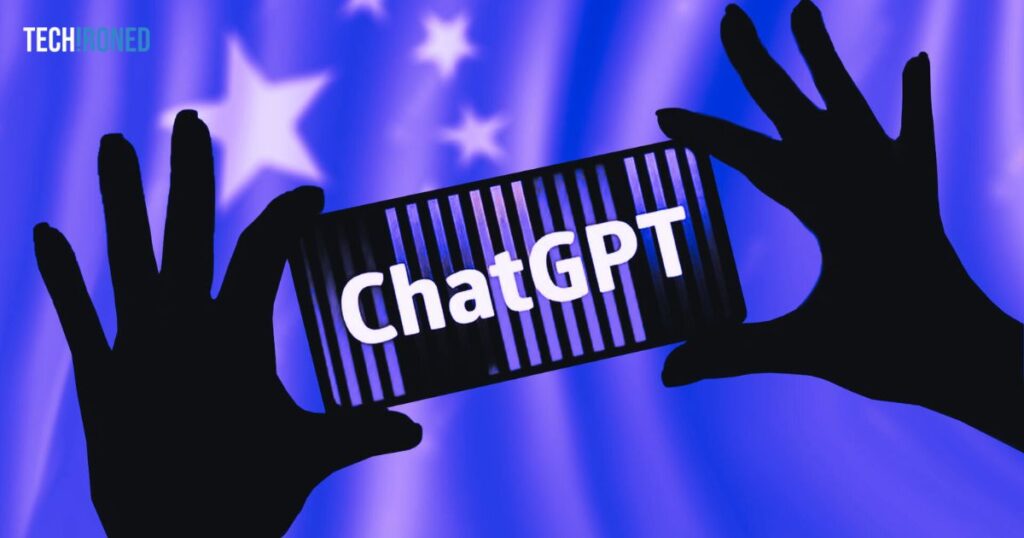Elon was right when he said “AI is a risk to humanity“. Chinese Individuals caught for Developing Ransomware with ChatGPT. Sick!! Right. Read the full report.
With four people detained for creating ransomware using the outlawed chatbot, Chinese authorities have taken a big step in the fight against ChatGPT abuse. This is the nation’s first instance of its sort, highlighting the difficulties brought on by the improper application of artificial intelligence in cybercrime.
Table of Contents
The Ransomware Attack
An unnamed firm in Hangzhou, Zhejiang province, was the target of a ransomware assault in a recent cyber incident. Using ChatGPT, the attackers sought a 20,000 Tether ransom to unlock the hacked computers.
Arrest and Admissions
In late November, Chinese officials detained four individuals, two in Beijing and two in Inner Mongolia, in connection with the ransomware assault. The people admitted to a number of crimes, including as creating ransomware variants, using ChatGPT to optimize the infection, breaching networks, installing ransomware, and carrying out extortion.
ChatGPT’s Legal Status in China
Because of worries that it may be used to discuss sensitive subjects, ChatGPT is now prohibited in China. It is apparent that the nation has taken a strong stand against the unlawful use of such AI technology, even if it is still unclear what the legal standing is for using ChatGPT in ransomware attacks.The
China’s Struggle with AI Regulation
China has struggled to control the application of AI technology; one product that has been restricted by the nation’s firewall and censorship system is ChatGPT. The government’s persistent attempts to impose restrictions on residents using the service demonstrate its determination to manage the dissemination of information.
Developing Homegrown Alternatives
Chinese businesses are aggressively working on creating their own AI-powered language models in reaction to ChatGPT’s prohibition. With more than 100 million users, Baidu Inc., also known as the “Google of China,” has shown the success of its Ernie Bot service.
Wider Context of AI Misuse
There have been previous arrests in China when ChatGPT has been connected to illegal activity. Previous incidents of people fabricating tales about a train accident and disseminating false information brought attention to the wider issues related to the improper application of generative AI.
Legal Implications and Challenges
The use of ChatGPT in cybercrimes is still illegal, and the report does not specifically say if the accused are prosecuted for utilizing the chatbot is prohibited. The intricacy of AI legislation in China makes it more difficult to handle issues like this successfully.
Global Trends in AI-Related Crimes
Although the landscape of cybercrime has not been significantly changed by AI-powered tools, instances of its misuse—such as the exploitation of deepfake technology for impersonation—highlight how constantly changing cyber threats are. Researchers stress the importance of being vigilant in the face of new criminal strategies connected to AI.
Conclusion
The four people who were arrested in China for using ChatGPT to create ransomware serve as a reminder of the constantly changing risks that come with using AI for illegal purposes. Addressing the legal ramifications and the repercussions of such misuse continues to be a top focus as governments throughout the world struggle to regulate these sophisticated instruments.
Follow our Twitter Account for Daily Insights on Technology
- https://twitter.com/IronedTech
- Don’t Forget more News and Research articles at
- https://techironed.com/
